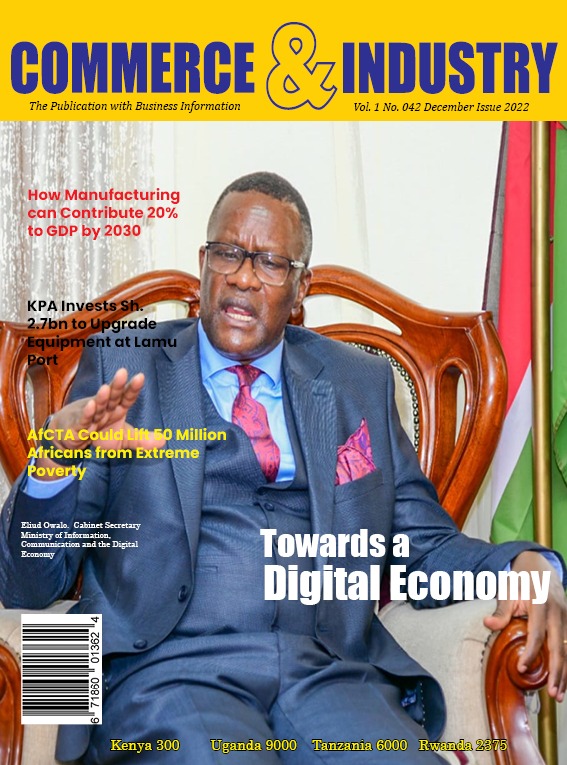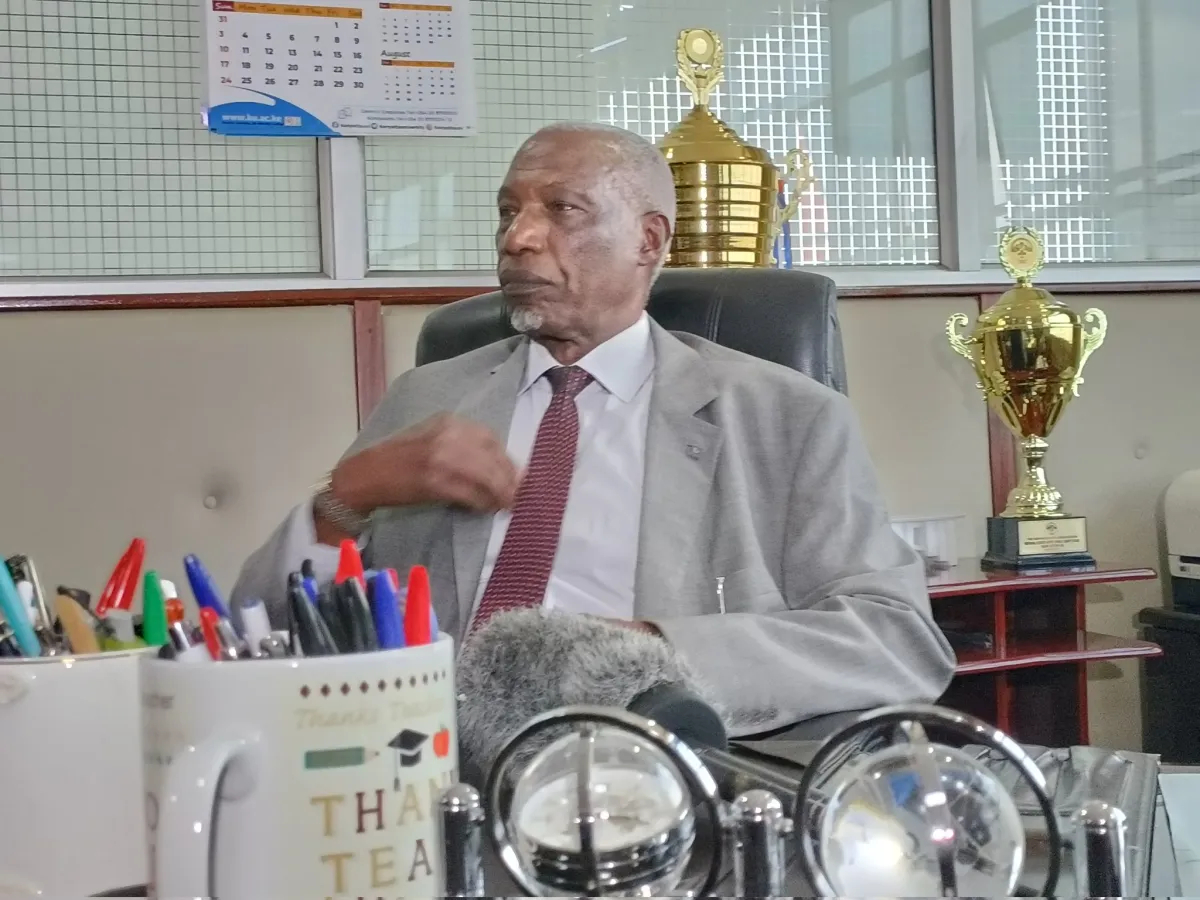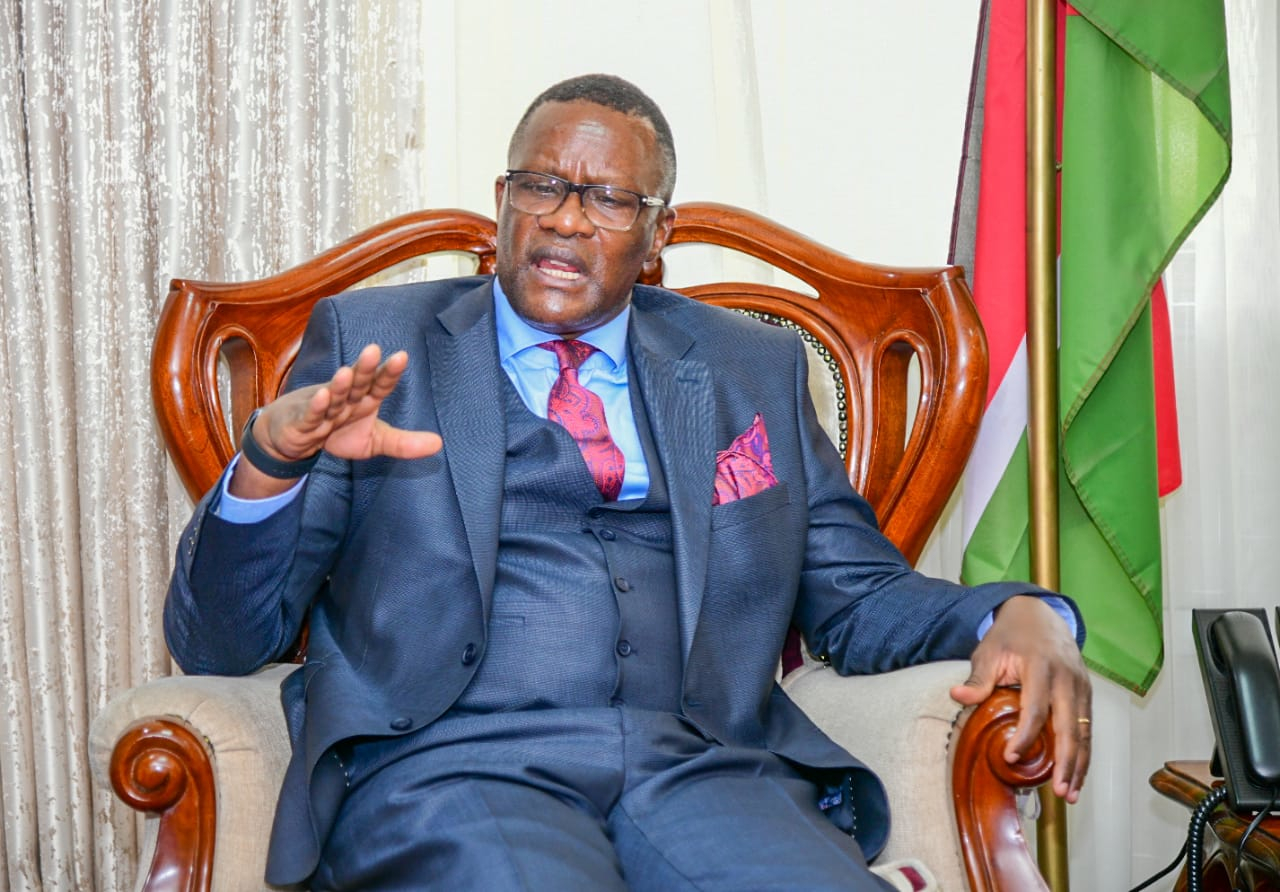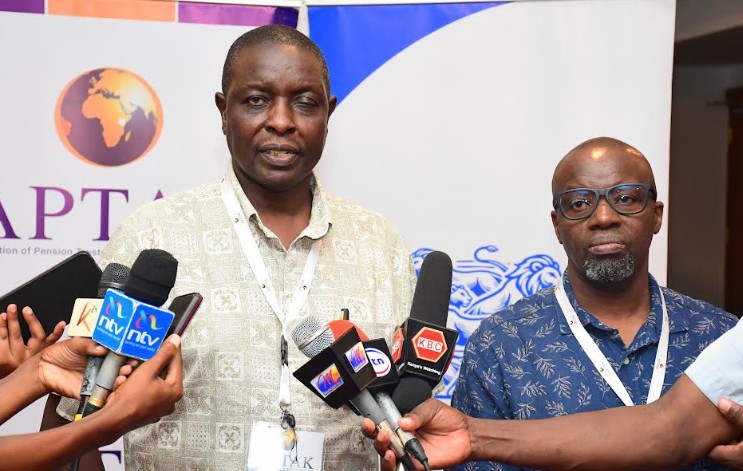
PPP Trust Fund urged to boost local investment
Establishment of a PPP Implementation Trust Fund (PPP-ITF) as the central mechanism for enhancing private sector participation in PPPs has been recommended by experts as key.
The Committee of Experts on Leveraging Local Financial Markets for Investments into Public-Private Partnerships (PPPs) Implementation is rallying for public support in the mobilisation of domestic capital to fund mega development projects across the country.
Appointed in February 2025 by the Cabinet Secretary for the National Treasury and Economic Planning, John Mbadi, the Committee is chaired by Dr. Hosea Kili.
Since its inception, the team has held extensive consultations with stakeholders, regulatory agencies, and private sector leaders.
They have also conducted in-depth research and benchmarked global best practices to formulate strategic policies aimed at unlocking local investment for PPPs.
The overarching recommendation in their report is the establishment of a PPP Implementation Trust Fund (PPP-ITF) as the central mechanism for enhancing private sector participation in PPPs.
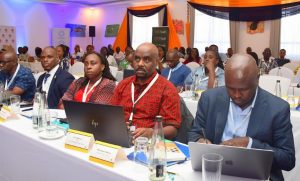
The PPP-ITF is designed as a dedicated vehicle to mobilise, pool, and deploy domestic capital for PPP projects, ensuring that local investors play a central role in national development.
Dr. Hosea Kili, the Chairman of the Committee and the President of the Association of Pension Trustees and Administrators of Kenya (APTAK), says they are working on building the country using locally sourced resources as opposed to overreliance on external loans and foreign capital.
“The time has come for us as Kenyans to build our country using our own money, which we have locally from the private sector in Kenya,” stated Dr. Kili on the sidelines of the 4th APTAK Annual International Conference in Mombasa.
He highlighted the vast financial potential of local sectors, citing that pension funds hold over Sh2.4 trillion, the insurance and SACCO sectors control more than Sh1.4 trillion, and the banking industry has significant deposits available for investment.
He said if effectively harnessed, these funds could easily surpass Sh10 trillion, more than triple the Sh3 trillion required to transform the country.
“The funds are available in this country; the only problem is that we have not been working as a team, and maybe the government has not been inviting the private sector to the table, but now they have invited us, and we are rising to the occasion,” he said.
Dr. Kili further explained that the model that would be used would allow citizens to make investments in a small way to own part of the infrastructure that would be constructed using the aggregated funds from the private sector.
“We are going to make it possible for you to trade using your money invested in these infrastructures, even in a small way, through a retail investment which is listed in the capital market, and that is the way people build their country,” explained Dr. Kili.
Committee Vice Chairman and CEO of the Liaison Group Tom Mulwa echoed these sentiments, emphasising the importance of the financial services sector in developing Kenya’s socio-economic infrastructure.
“The government’s fiscal space is limited. While there is strong political will, resources are constrained. By leveraging on the financial services sector, we can build essential infrastructure like roads, railways, and hospitals while fuelling economic growth,” said Mulwa.
He noted that studies showed that with developing infrastructure, it has a ripple effect on the economy.
“Our economic transformation will generate jobs, which we so desire for Kenyans. As a country, we are spanning one million job seekers every year, and we need to find these jobs for the Kenyans,” he elucidated.
“Our involvement will catalyse the economic development to find these jobs for the Kenyans, a bigger economy for ourselves to generate more wealth as we strive to achieve our Vision 2030,” he added.
He further reiterated the committee’s determination to get the plan into action, appealing for public support.


